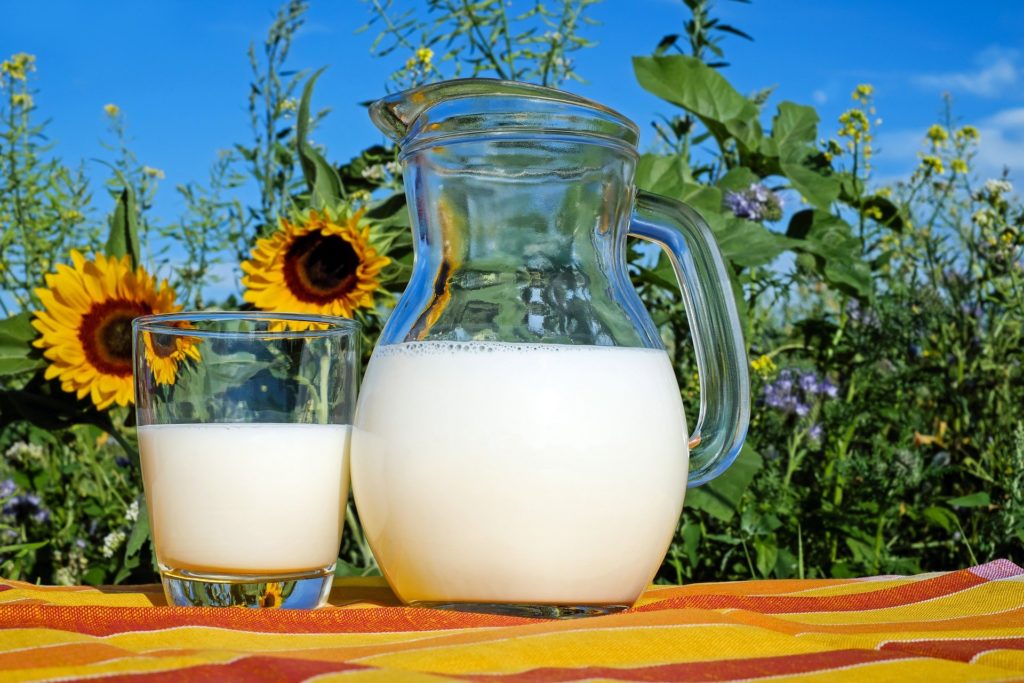
Chances are you’ve heard of turmeric as an anti-inflammatory powerhouse, but in this video, I want to share with you what the research says about turmeric and its benefits and help you understand if and why you should be including it into your diet.

Chances are you’ve heard of turmeric as an anti-inflammatory powerhouse, but in this video, I want to share with you what the research says about turmeric and its benefits and help you understand if and why you should be including it into your diet.

In this talk, “Targeted Diet + Lifestyle tips for Fibromyalgia🌱” I summarize 4 key tips for alleviating the symptoms + conditions caused by Fibromyalgia. . The chronic fatigue and pain can be unbearable, but we could strengthen our mind-body connection to combat them. . Listen in as I share key healing goals and specific nutritional and lifestyle tips for reducing fibromyalgia related pain!

When Dr Chris van Tulleken embarked on an ultra-processed 30 day diet to uncover what effect it has on our bodies, the results leave him and the scientists in shock!

Not a fan of fish but need to get more omega-3s? Say no more.
Fish oil has got you covered. But if you don’t mind eating fish, then that’s good too. Fish oil can be obtained by eating fish or taking supplements.
Either way, your body gets enriched with the beneficial oils known as omega-3 fatty acids that are especially abundant in mackerel, salmon, herring, and tuna. Most benefits of fish oil come from the omega-3s present in it.
One of these is that it reduces inflammation, which we will be discussing further in today’s video. So, don’t go just yet and join us as we probe deeper into the good things that fish oil does to the human body.

Regular consumption of milk is not associated with increased levels of cholesterol, according to new research.
A study published in the International Journal of Obesity looked at three large population studies and found that people who regularly drank high amounts of milk had lower levels of both good and bad cholesterol, although their BMI levels were higher than non-milk drinkers. Further analysis of other large studies also suggests that those who regularly consumed milk had a 14% lower risk of coronary heart disease.
The team of researchers took a genetic approach to milk consumption by looking at a variation in the lactase gene associated with digestion of milk sugars known as lactose.
The study identified that having the genetic variation where people can digest lactose was a good way for identifying people who consumed higher levels of milk.
Prof Vimal Karani, Professor of Nutrigenetics and Nutrigenomics at the University of Reading said:
“We found that among participants with a genetic variation that we associated with higher milk intake, they had higher BMI, body fat, but importantly had lower levels of good and bad cholesterol. We also found that those with the genetic variation had a significantly lower risk of coronary heart disease. All of this suggests that reducing the intake of milk might not be necessary for preventing cardiovascular diseases.”
The new research was conducted following several contradictory studies that have previously investigated the causal link between higher dairy intake and cardiometabolic diseases such as obesity and diabetes. To account for inconsistencies in sampling size, ethnicity and other factors, the team conducted a meta-analysis of data in up to 1.9 million people and used the genetic approach to avoid confounding.
Even though the UK biobank data showed that those with the lactase genetic variation had 11% lower risk of type 2 diabetes, the study did not suggest that there is any strong evidence for a link between higher milk intake and increased likelihood of diabetes or its related traits such as glucose and inflammatory biomarkers.
Professor Karani said:
“The study certainly shows that milk consumption is not a significant issue for cardiovascular disease risk even though there was a small rise in BMI and body fat among milk drinkers. What we do note in the study is that it remains unclear whether it is the fat content in dairy products that is contributing to the lower cholesterol levels or it is due to an unknown ‘milk factor'”.